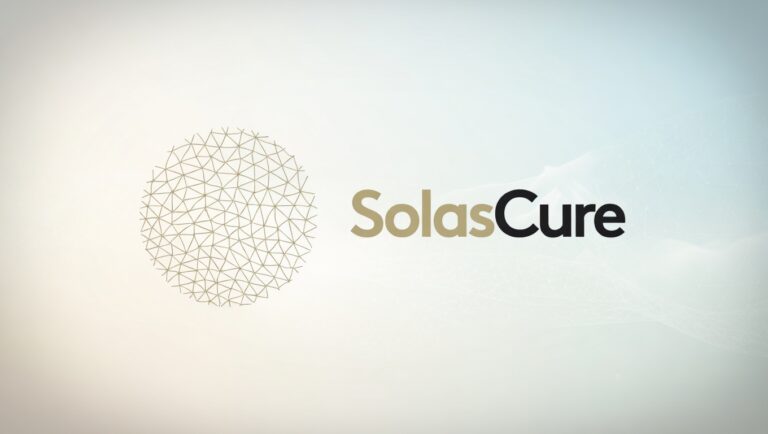
Alnylam Pharmaceuticals, Inc. (Nasdaq: ALNY), a leader in RNA interference (RNAi) therapeutics, today announced positive new results from its ongoing Phase 1 clinical trial of nucresiran (formerly ALN-TTRsc04), an investigational RNAi therapeutic targeting transthyretin (TTR) for the treatment of ATTR amyloidosis. These data were presented at the American Heart Association Scientific Sessions 2024 in Chicago.
Key Findings:
- Rapid and Sustained TTR Knockdown: A single dose of nucresiran (300 mg or higher) led to a rapid reduction in serum TTR levels, achieving mean reductions of greater than 90% from baseline by Day 15, which were sustained for at least six months (Day 180).
- Peak TTR Reduction: Doses of 300 mg, 600 mg, and 900 mg reached 96% peak reduction in mean TTR levels by Day 29.
- Long-Term Efficacy: TTR levels remained significantly reduced at Day 360, with a mean reduction of over 70% after a single 300 mg dose. Day 360 data for the 600 mg and 900 mg cohorts are still pending.
- Low Inter-Patient Variability: The data showed minimal variability in TTR knockdown between patients. At Day 29, reductions ranged from 96.0 – 98.6% across the different dose cohorts.
- Safety Profile: Nucresiran was well tolerated at all tested doses, with no serious adverse events, injection site reactions, or liver-related issues.
Clinical Trial Design:
The Phase 1 trial is a randomized, double-blind, placebo-controlled study evaluating the safety, pharmacodynamics, and pharmacokinetics of single doses of nucresiran. The study enrolled 48 healthy volunteers, with doses ranging from 5 mg to 900 mg of nucresiran. The primary endpoint is safety, with secondary endpoints focused on changes in serum TTR levels over time.
Statements from Alnylam:
“We’re excited about these Phase 1 results for nucresiran, which show rapid and durable TTR knockdown following a single dose,” said Pushkal Garg, M.D., Chief Medical Officer at Alnylam. “Nucresiran’s ability to reduce TTR levels by more than 90% for up to six months, coupled with low inter-patient variability, holds significant promise for advancing treatment options for ATTR amyloidosis. These findings, along with its potential for biannual or annual dosing, could represent a major step forward in the management of this devastating disease.”
Dr. Garg also emphasized that nucresiran utilizes Alnylam’s IKARIA™ platform, which enables deeper and more sustained TTR knockdown, potentially reducing the frequency of dosing for patients.
Next Steps:
Alnylam plans to present Phase 3 development plans for nucresiran in the first quarter of 2025.
About Nucresiran:
Nucresiran is a next-generation RNAi therapeutic designed to reduce levels of both mutant and wild-type TTR, targeting the underlying cause of transthyretin amyloidosis (ATTR). As part of Alnylam’s IKARIA™ platform, nucresiran offers the potential for deeper, more durable knockdown of TTR with less frequent dosing. The safety and efficacy of nucresiran have not yet been evaluated by regulatory agencies such as the FDA or EMA.
About ATTR Amyloidosis:
ATTR amyloidosis is a rare, life-threatening disease caused by the accumulation of misfolded TTR proteins as amyloid deposits in various organs, including the heart, nerves, and gastrointestinal system. There are two forms: hereditary ATTR (hATTR), caused by genetic mutations, and wild-type ATTR (wtATTR), which occurs without genetic mutations. Together, these forms affect an estimated 250,000 people worldwide.
About RNAi and Alnylam Pharmaceuticals:
RNA interference (RNAi) is a natural cellular process that silences genes, offering a novel approach to treating genetic and other diseases. Alnylam Pharmaceuticals has pioneered the development of RNAi therapeutics, transforming RNAi into a clinically validated class of medicines. With a robust pipeline, Alnylam is committed to advancing RNAi-based therapies for a wide range of diseases with high unmet need.




